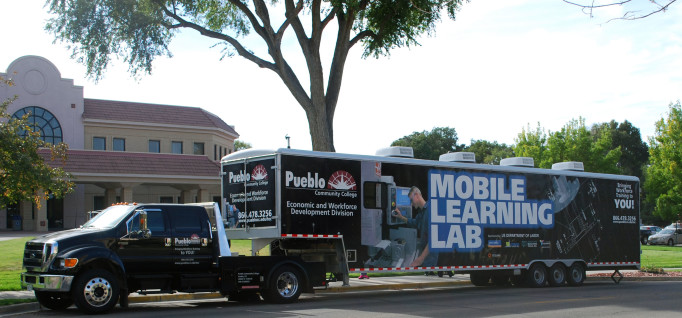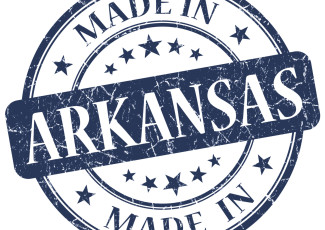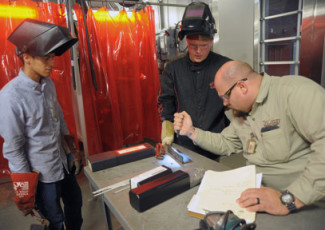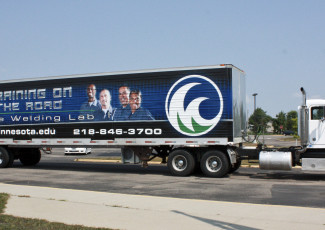Mobile Learning Labs Help Meet Workforce Needs
By Dennis Pierce
November 2, 2015
Pueblo Corporate College delivers highly customized workforce training to area employers. Here are some of the division’s keys to success.
Pueblo Corporate College, the workforce development division of Pueblo Community College, in Colorado, provides highly customized training for new and established companies and can train employees right at the job site through the use of mobile learning labs. In fiscal 2012, the division provided 3,586 hours of training to 1,674 participants, generating $809,238 in revenue for the college and helping to bring $424,600 in training grant funds into the community for area employers.
“We work directly with employers,” says Amanda Corum, executive director of Pueblo Corporate College. “We try and determine what their needs are, and then we serve as a ‘solution agent’ — whether that’s consulting, training or teaching.” In some cases, if the needs of an employer can’t be met, the college will act as a liaison between the employer and another technical college or training provider.
Pueblo Corporate College is heavily focused on manufacturing, which reflects the workforce needs of its region, but the college also provides training in other sectors. A big reason for its success is the degree of customization provided.
“We like to joke that we typically don’t offer the same class the same way twice,” Corum says. “We try to incorporate employers’ drawings, their processes, their culture — anything we can do to help the students relate and be able to apply the learning [at that facility].”
How classes get off the ground
The process starts with a needs assessment: Subject-matter experts at the college talk with a company’s supervisors, managers and employees to see what their needs are — and how the college can tailor its training to those needs.
“We have a core curriculum that we use, and we’ve even built marketing materials that list the courses that we’ve developed for other customers,” Corum says. “We take that to new customers and say, ‘This is really just a road map for you — it’s to get the brainstorming going.”
To make the training as convenient as possible for companies and their employees, Pueblo Corporate College will bring the instruction to them, if desired.
“One of our customers told me the other day that what we do is we remove the excuses,” Corum says. “If the excuse is they don’t have the time to do it, we kick the training right on site, so employees don’t have to travel to our campus.”
Often, instructors will take employees onto the job floor and show them techniques using the company’s own equipment, so they can get hands-on experience. But the college also has developed mobile learning labs with their own industrial-grade equipment.
Mobile learning labs
Pueblo Corporate College has a fleet of seven mobile learning labs, Corum says, with the same technologies used in manufacturing. There are two electrical systems labs, two mechanical systems labs, two welding labs, and a machining lab. Each lab can accommodate six to eight participants.
“What we found with the commercial trainers we had been using was that we could only take the training to a certain point, and then the students plateaued,” Corum says. “So our subject-matter experts designed, developed and built our own trainers. When students go on break, the instructor can insert faults into the system, so when the students come back their program no longer works and they have to troubleshoot and find out what happened.” That simulates the conditions that students are likely to face in the workplace, she explained — and it helps them learn problem-solving and critical-thinking skills.
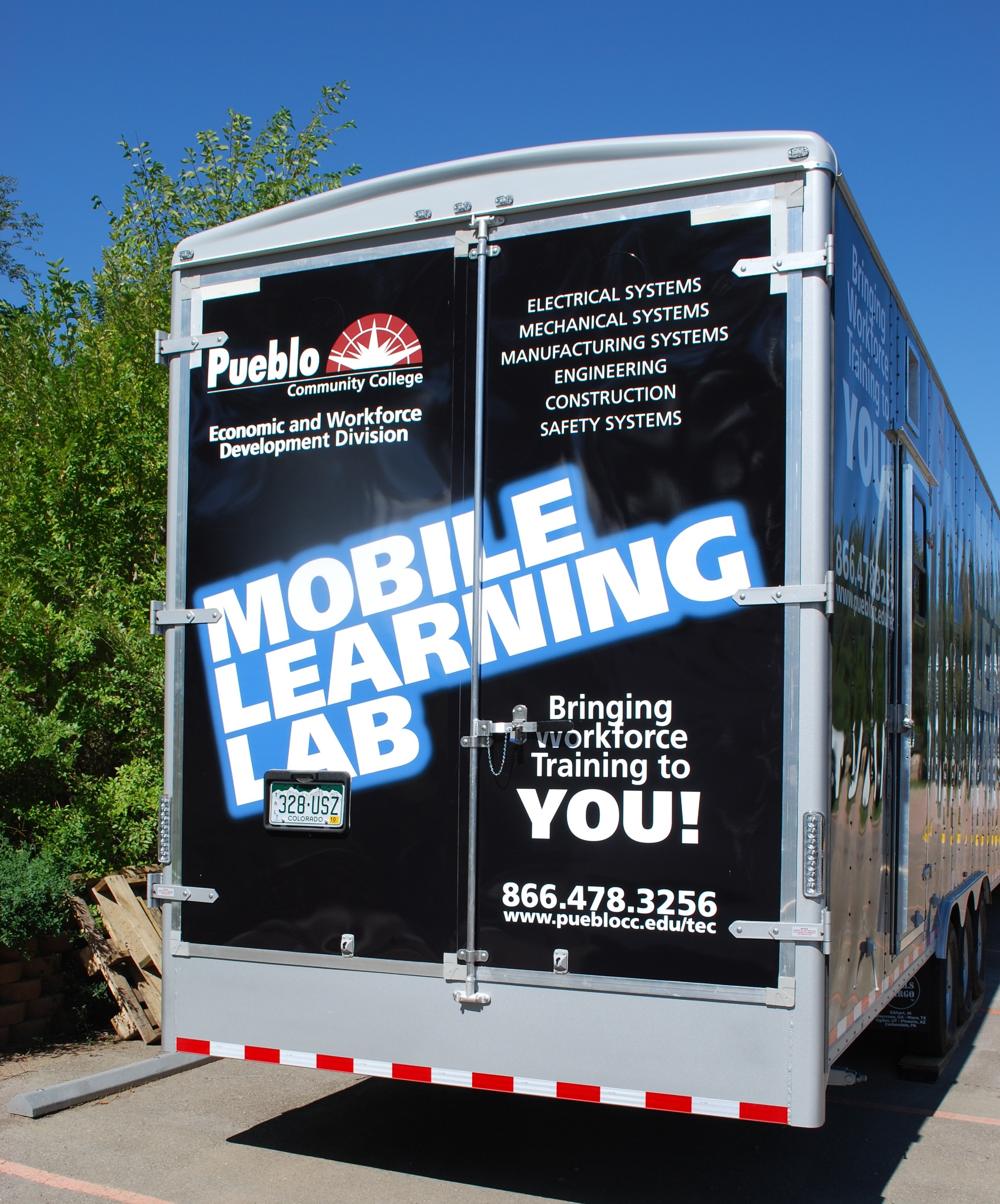
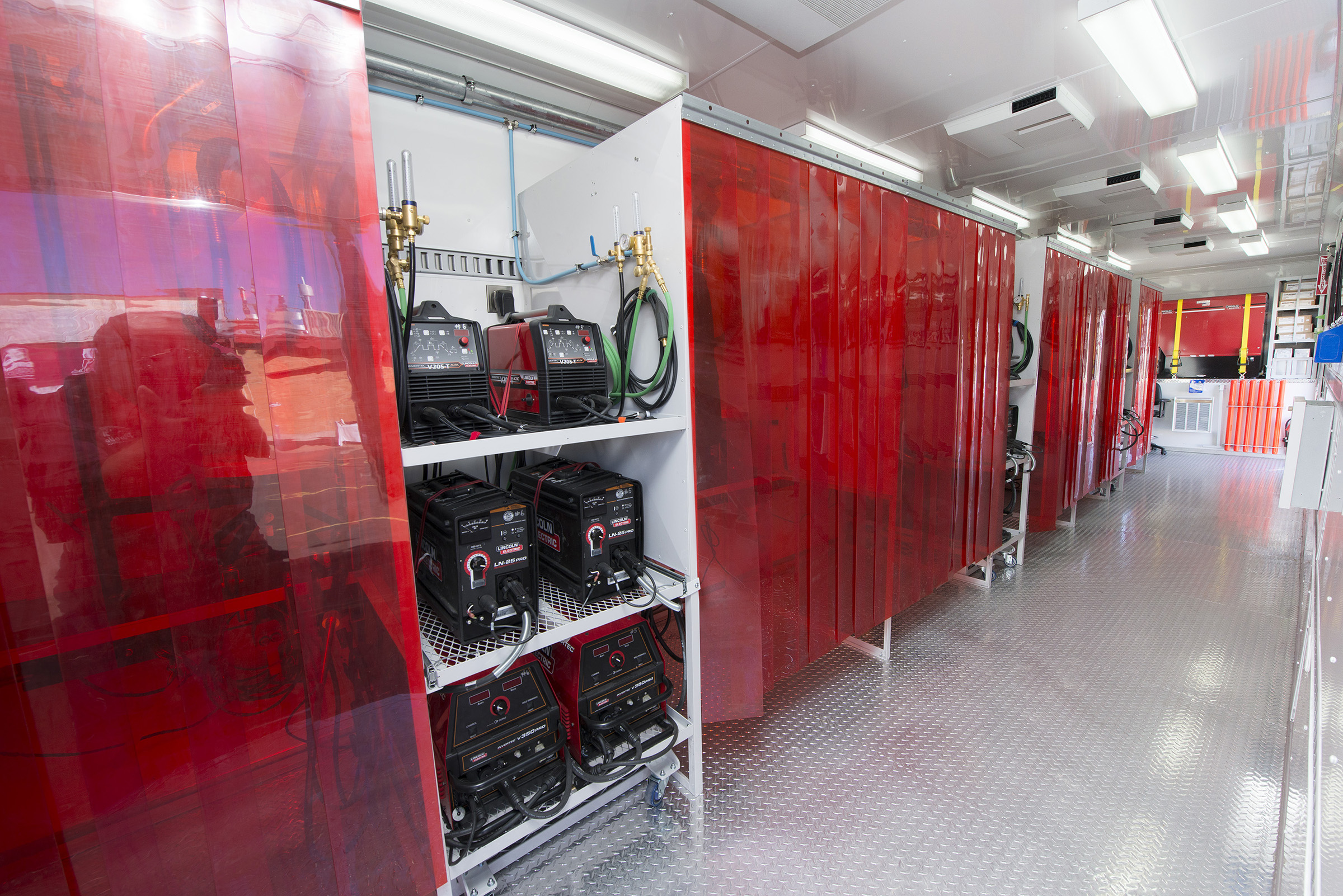
Assessing employers’ workforce needs
Pueblo Corporate College is actively involved in local workforce boards and industry trade groups. “This helps us understand the needs of employers and build relationships with employers, [so] they come to us when they have needs,” Corum says.
She attributed the division’s success to listening carefully to employers’ needs, being flexible and creative in meeting those needs, and delivering on what it promises.
“What has really been beneficial for us is that we have follow-through, we’re responsive and we have a high-quality product,” she says. “We’ve established relationships, but more importantly, we’ve maintained them.”
Photos courtesy of Pueblo Corporate College


